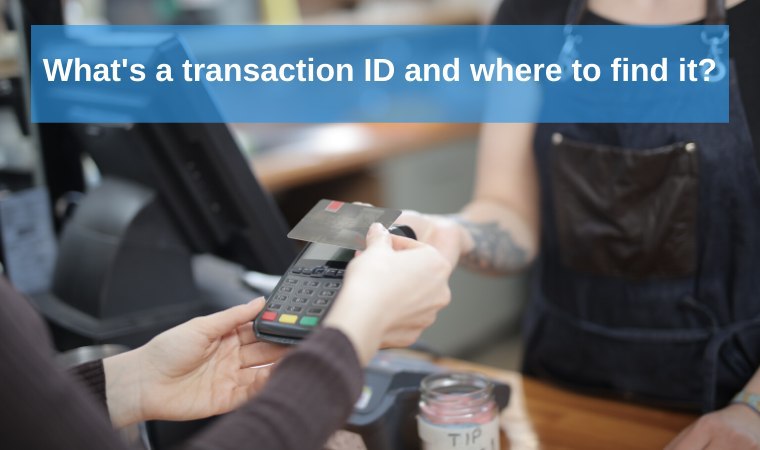Blockchain
Blockchain is a public database of all transactions ever committed in the Bitcoin system. Using this database, each user has the opportunity to find out how much Bitcoin belonged to a particular address in a certain period. The distributed efforts of many miners support the base.
The advantages of blockchain technology:
- Decentralization. The central storage server is missing. Each participant in the system stores all entries.
- Transparency. Any participant can track all the transactions that took place in the system.
- Security. Data encryption prevents online fraud. The user can track all transactions, but cannot identify the recipient or sender of information if he does not know the wallet number. For operations, all parties have a unique access key.
- Reliability. Any attempt to make unauthorized changes will be rejected due to inconsistency with previous copies. When a user wants to make a change, he receives an individual unique code.
- Compromise. Other participants verify data. In other words, they recalculate the hash.
Bitcoin was the original digital currency to use the technology, but the technical community is currently looking for other potential uses for this technology.
Thanks to the technology of blockchain, Bitcoin has become the first digital currency that solves the problem of double expenses without the use of any authoritative body or central server.


